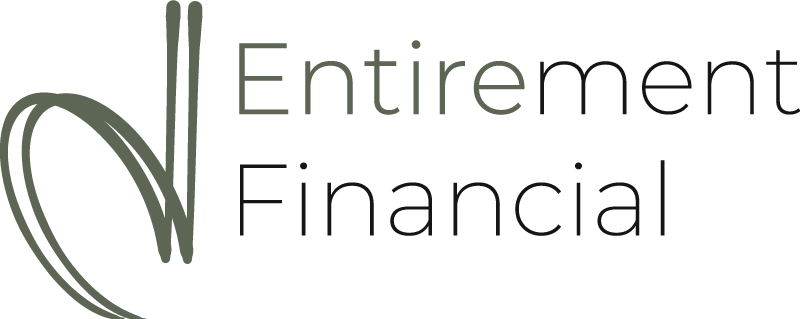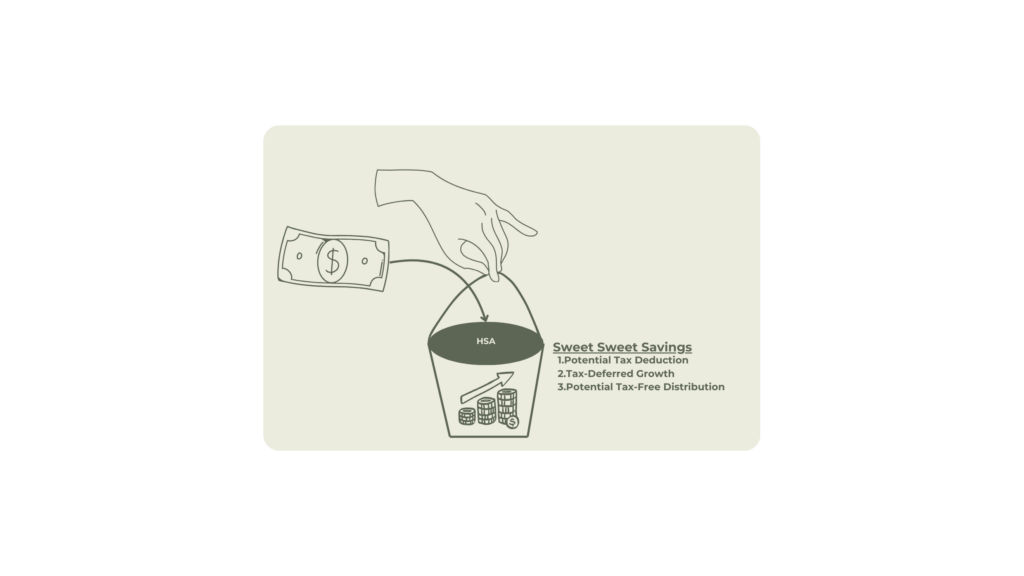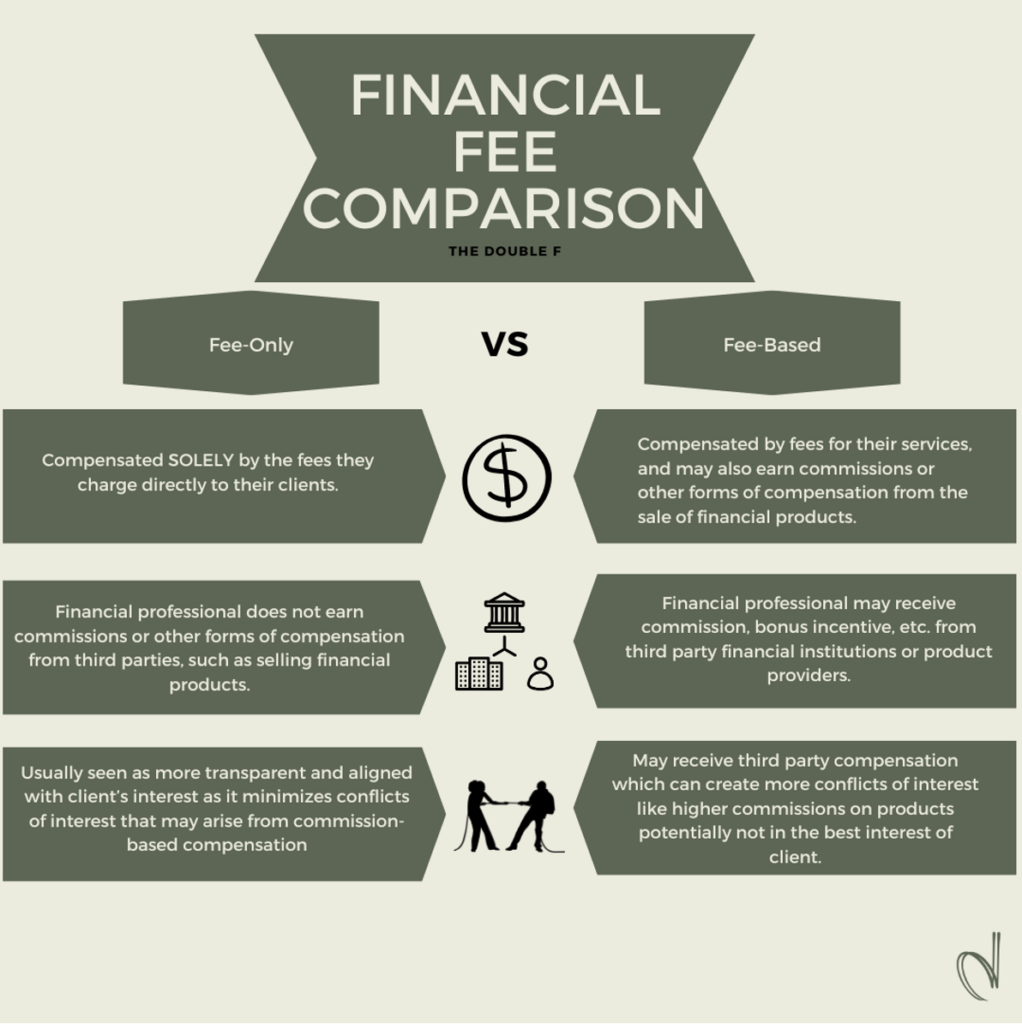Benefits, Drawbacks, and How-To
Today’s topic is to help you understand what a credit freeze is along with the benefits and drawbacks of doing so. We will also give you the information on how-to and where to complete your credit freeze.
Recently, I was at the bank closing an account, standing in one of those crowded tiny little counter openings with the teller. I was taking the polite stance of staring straight ahead, standing tall, and letting them look up the information needed. About half way through the transaction I noticed the customer next to me was leaning on the countertop all the way into their opening and was staring at my clerk’s screen. I’m sure it wasn’t intentional; however, it had me alarmed.
Afterwards, the scenario of my information being stolen and accounts opened in my name were running through my mind. And then, I remembered I had already taken the preventative measures of freezing my credit.
Unfortunately scams, frauds, and thieves are out there, and the chances of it happening to you continue to soar. One way to help you sleep a little more sounder at night is to freeze your credit.
What is a credit freeze?
A credit freeze, also known as a security freeze, restricts any access to your credit. For example, if you wanted to get a new credit card, the company you’re applying with would run a hard inquiry on your credit to determine if they’d allow you to have credit. If you have a credit freeze, the company most likely will not be able to obtain the information needed to approve credit.
Another common example is when you are purchasing a home. The lender will run a credit check as one of the ways to help determine how much they would offer for lending. Again, if your credit is frozen, the lender will most likely not be able to run your credit which is needed for lending.
Still Accessible
When you freeze your credit, keep in mind that it is still accessible to a few. Here are a few examples of who may still have access:
- The creditors that you already have a line of credit with and any other debtors you have
- You! You can still obtain your credit records (which I recommend to still do often!)
- Some government agencies (think tax collection agencies)
- Marketers. They can still see your information to send those lovely flyers with the latest offers
Credit Freeze Benefits
Helps alleviate some credit theft.
Let’s look at an example-imagine a hacker has obtained your information. They went online to start opening up credit cards to go on a shopping spree. Well fortunately if your credit is frozen they would most likely not be able to obtain credit as the lenders could not run a credit check with your security frozen. Huge advantage- as this can be one of the most frustrating time consuming things to happen.
Easiness.
Ultimately, a credit freeze is one of the easiest ways to prevent identity fraud and identity theft. Not only is it pretty easy to do it’s also free (well besides the time you have to take to do it). What more can you ask for?
Expiration.
A credit freeze stays in place until you temporarily lift the freeze or unfreeze altogether. This is helpful as it isn’t something you have to continually worry about unless you are looking to get new credit.
Credit Freeze Drawbacks
Not 100% Preventative
One drawback is that a credit freeze does not prevent theft on your current lines of credit. For example, if you already have a credit card open and a hacker obtained that information they are still able to use that line of credit.
Inconvenient
Another disadvantage is more of an inconvenience. It’s that you will have to unfreeze (or temporarily “thaw”) your credit anytime you want to apply for a new credit card, line of credit, or loan. Again, this is free to do; however, it does take time.
Remember if you are planning to purchase a home, car, or obtain a line of credit you will need to temporarily unfreeze your credit beforehand.
How to freeze and unfreeze your credit?
There are three credit bureaus-Equifax, Experian, and TransUnion. You will need to complete a credit freeze for each bureau. From experience, a few of them are fairly easy and one has a few more hoops to jump.
You have the choice to complete them online, by phone, or by mail. If you choose online, remember to pick a very strong password that is not the same password for anything else. If you choose by phone, be prepared to be on hold for a while. We found it best to call first thing when they open.
For both freezing and unfreezing you will want to have the following pieces of information handy.
- Your social security number
- Date of birth
- Address
- And answers to security questions-like the ones where they list out models of cars and ask if any or none are the model of a car you have owned.
Here are the links to get to each credit bureau, these will direct you on how to freeze and unfreeze your credit with each specific bureau.
Also, I’d recommend keeping a copy of the confirmation number you receive (if you do) and a record of the date you froze/unfroze your credit.
Final thoughts.
Freezing your credit is one of the simplest and most effective steps you can take to help protect yourself from identity theft. It’s free, relatively easy to manage, and can offer peace of mind—especially in a world where personal data breaches are, unfortunately becoming more common.
That said, a credit freeze isn’t a one-size-fits-all solution. It won’t stop all forms of fraud, and it does come with a few inconveniences—like needing to unfreeze it before applying for new credit. But overall, the pros far outweigh the cons for most people.
If you haven’t already, now’s a great time to consider taking this step. Just be sure to keep your records safe, monitor your credit regularly, and stay informed about other ways to protect your identity.













